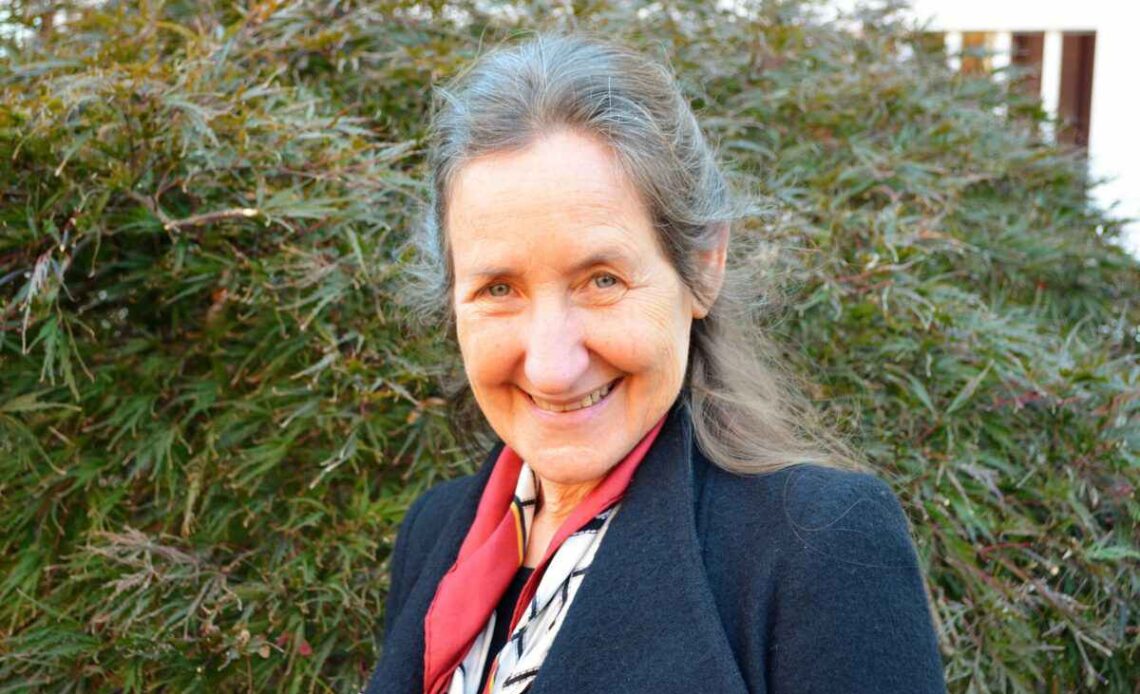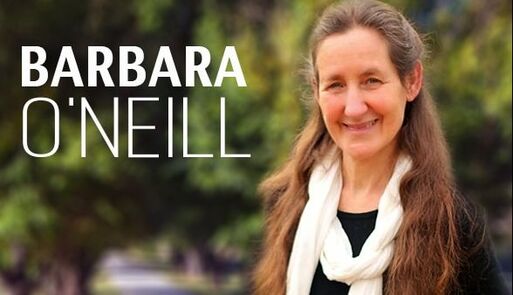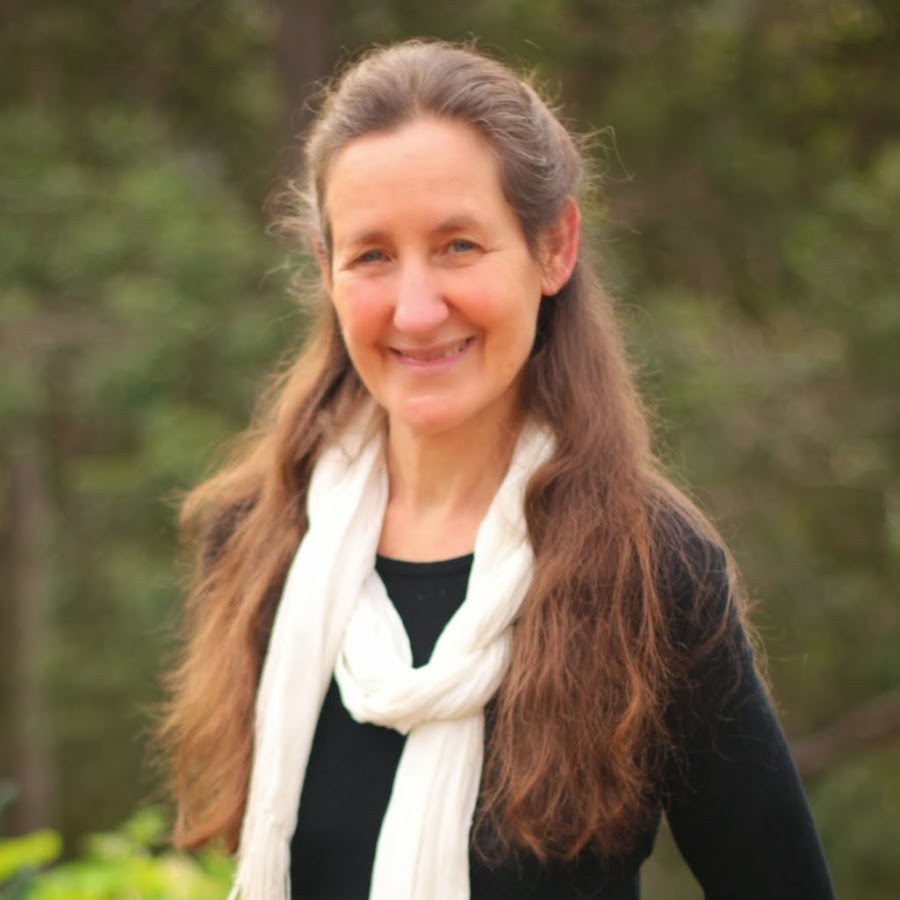
Introduction:
Dr Barbara O’Neill, a naturopath, nutritionist, and health educator from Australia, gained significant attention due to her alternative health advice, which led to controversy and a lifetime ban from practicing in New South Wales. This article explores her background, health claims, and the consequences of her practices.

Background:
Dr Barbara O’Neill was known for promoting natural remedies and alternative health approaches. She managed a health retreat in New South Wales, where she charged clients substantial fees for treatments. Despite her popularity in certain circles, her practices raised concerns, leading to investigations by health authorities.
Controversial Health Claims:

O’Neill’s health advice included claims that contradicted mainstream medicine. For instance, she promoted the idea that cancer is a fungal infection and could be treated with bicarbonate of soda. Additionally, she suggested that vaccines were harmful and linked them to conditions like ADHD, autism, and epilepsy. She also discouraged the use of antibiotics for conditions such as Strep B during pregnancy, which put vulnerable individuals at risk(
Investigation and Ban:
In 2019, the New South Wales Health Care Complaints Commission (HCCC) conducted an investigation into O’Neill’s practices. The investigation concluded that she was providing misleading and potentially dangerous health advice, especially to cancer patients and parents of young children. The HCCC found that her advice could have serious health implications, as she encouraged clients to avoid conventional medical treatments. As a result, O’Neill was permanently banned from practicing as a health professional in New South Wales.

Conclusion:
Dr Barbara O’Neill’s case highlights the risks associated with unverified and non-evidence-based health advice. While alternative medicine can offer benefits, it’s crucial for practitioners to adhere to scientific evidence and ethical guidelines. O’Neill’s ban serves as a reminder of the importance of ensuring that health advice is safe and grounded in reliable research.
